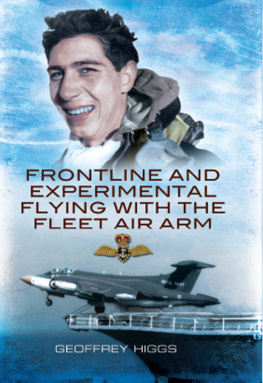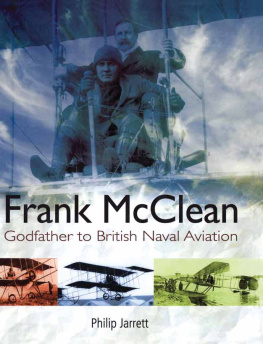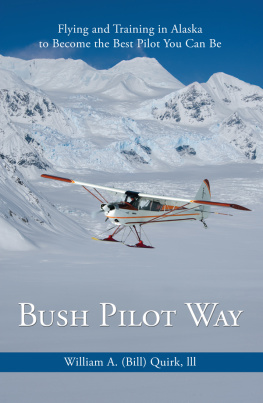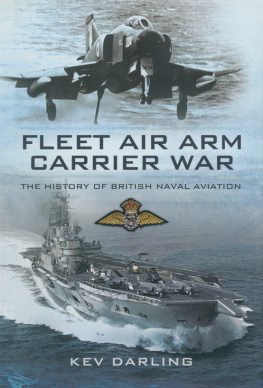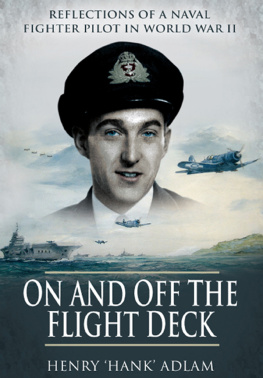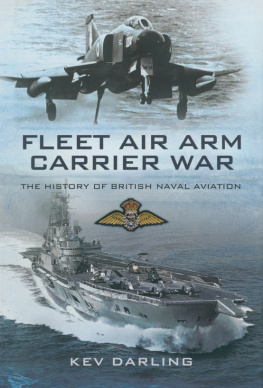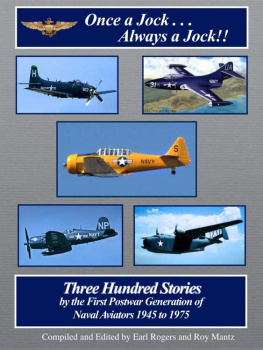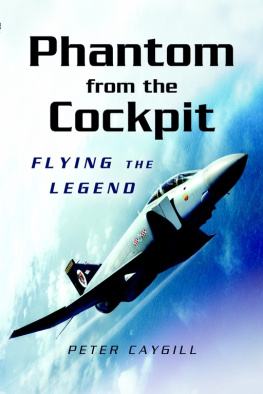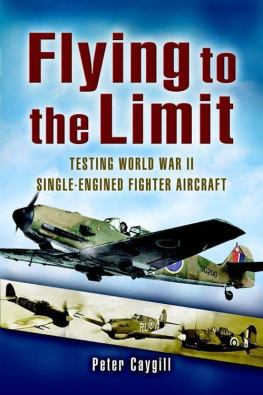Front-Line and
Experimental Flying
With the
Fleet Air Arm

First published in Great Britain in 2010 by
PEN & SWORD AVIATION
An imprint of
Pen & Sword Books Ltd
47 Church Street
Barnsley
South Yorkshire
S70 2AS
Copyright Commander G.R. Higgs AFC RN 2010
ISBN 978 1 84884 262 5
Digital Edition ISBN: 978 1 84468 778 7
The right of Commander G.R. Higgs AFC RN to be identified as Author of this work has been asserted by him in accordance with the Copyright, Designs and Patents Act 1988.
A CIP catalogue record for this book is
available from the British Library
All rights reserved. No part of this book may be reproduced or transmitted in any form or by any means, electronic or mechanical including photocopying, recording or by any information storage and retrieval system, without permission from the Publisher in writing.
Typeset by Acredula
Printed and bound in England
By MPG
Pen & Sword Books Ltd incorporates the Imprints of Pen & Sword Aviation, Pen & Sword Family History, Pen & Sword Maritime, Pen & Sword Military, Wharncliffe Local History, Pen & Sword Select, Pen & Sword Military Classics, Leo Cooper, Remember When, Seaforth Publishing and Frontline Publishing
For a complete list of Pen & Sword titles please contact
PEN & SWORD BOOKS LIMITED
47 Church Street, Barnsley, South Yorkshire, S70 2AS, England
E-mail:
Website: www.pen-and-sword.co.uk
Acknowledgements
Being absorbed in writing for over a year is not the most sociable of pastimes, and I fully acknowledge my wife Pats tolerance in the many hours I spent in isolation. For her help and encouragement I am greatly indebted, as I am to my son, David, who provided invaluable computer and legal expertise and to Kate, my daughter, for her patience in periodically reading the text. The most profound comment from them was, Who are you writing this for? I didnt know either, since I had moved the goalposts!
My thanks also to John Gaut, former FAA pilot and friend of long standing who read my story and helped with useful suggestions, to Ted Whitley with whom I had the good fortune to serve for a number of years and who allowed me to quote his Union Yarn, and to Sir John Treacher for permission to quote from his excellent book Life at Full Throttle.
I am grateful to my editor, David Morris, for the trouble and time he has taken wading through the manuscript proofs trying to make sense of my corrections and suggestions. And finally I am indebted to Peter Coles for having the courage to publish my memoirs in the full knowledge that many others could have written a similar and doubtless more interesting life history.
Preface
I began writing these memoirs in response to the not too infrequent urgings of my family to put something of my life on record, solely for private use. I never kept a diary and it was therefore something of a challenge.
However, I got down to it, temporarily ceased my primary pastime as an amateur water colourist and spent the next year or so recollecting events of a naval career that had been, purely by chance like many others, the outcome of a world war. This was my original title for my memoirs, but I was persuaded that it did not have marketable value as a title, and my publisher wisely suggested the alternative. But as I picked up the threads it became more of a narrative than just a few reminiscences and in due course I was persuaded to offer it for publication.
In the course of my writing I have not referred to any outside source for information or corroboration, relying solely on personal recollections supported by my logbooks and personal photographs. I realise the shortcomings of this approach, but it arose from first intentions to produce a simple family record, and as time went on I felt disinclined or perhaps too idle to conduct the sort of research a more competent author would undertake. If, therefore, there occur any errors of fact the fault is entirely mine, and while I am not aware of, nor intend, any offence to the various characters who may appear from time to time, I unhesitatingly apologise if I have transgressed.
For the same reasons of initially producing a private family record, I avoided any tendency to become too technical in recording various happenings that I felt would bore the layman. Again, this may have been a mistake, since I realise it will be less than complete for the more discerning reader.
As I continued with events of the past I experienced many moments of sadness at the loss of so many good friends who, for one reason or another, did not stay the course. The hazards of flying they accepted willingly, as we all did, but those of us who rose to the challenge and survived can only reflect, There but for the Grace of God

CHAPTER 1

In the Beginning
And why do you want to join the Royal Navy to become a pilot? Why not the RAF?
So the interview had progressed after the initial pleasantries in a building in Whiteladies Road, Bristol. It was early 1943 and I was seated, somewhat nervously, in front of three senior naval officers who were doing their best to put this 17-year-old at ease.
I had rehearsed this totally expected question numerous times with nice pat answers. But now my mind was a blank and I was tongue tied.
Is it just the uniform? one of them asked.
Oh no, said I, we went to Weymouth.
I see. said another of them. So?
And then it all flooded out and I told them about Alan Cobhams circus and an aeroplane known as the Spider at Whitchurch airport in the early 1930s. I had gone with my father and sat on the grass outside the fence it was too expensive to go inside the airfield. It was a warm and wonderfully sunny day and at the end of the flying display I was hooked.
They had listened politely to my ramblings without impatience.
But you earlier mentioned Weymouth, one commented.
Yes, that was a few years later, I replied. We were on holiday and the bay was full of warships.
The sea has always had a fascination for me, I suppose because it was synonymous with holidays. We had always mucked about in boats and trips round the bay, that sort of thing. I tried to explain this to the Interview Board, and I suppose it must have had some success; they were still listening politely, although they must have heard this sort of waffle many times before.
Then more questions why had I left school early, what had I learnt in the Air Training Corps, did I have any of my family in the Royal Navy yes, brother and sister and so on.
Eventually, after they had discussed together out of my hearing, the President of the Board announced that I was too young for immediate consideration. My heart sank. But then, observing my disappointment, with a smile on his face he added that subject to a medical examination they would recommend entry under the Y scheme for training as a pilot in the Fleet Air Arm nearer my 18th birthday. I cannot recall subsequent events. I left, floating on air, caught the wrong bus back to my office for work for which I had no inclination.
So it was that a short while later, after I had taken and passed a medical examination, a letter arrived confirming the Boards decision and enclosing a black badge embroidered with a Y for wearing on my ATC uniform. I would be called up for training shortly after my birthday.
Next page
